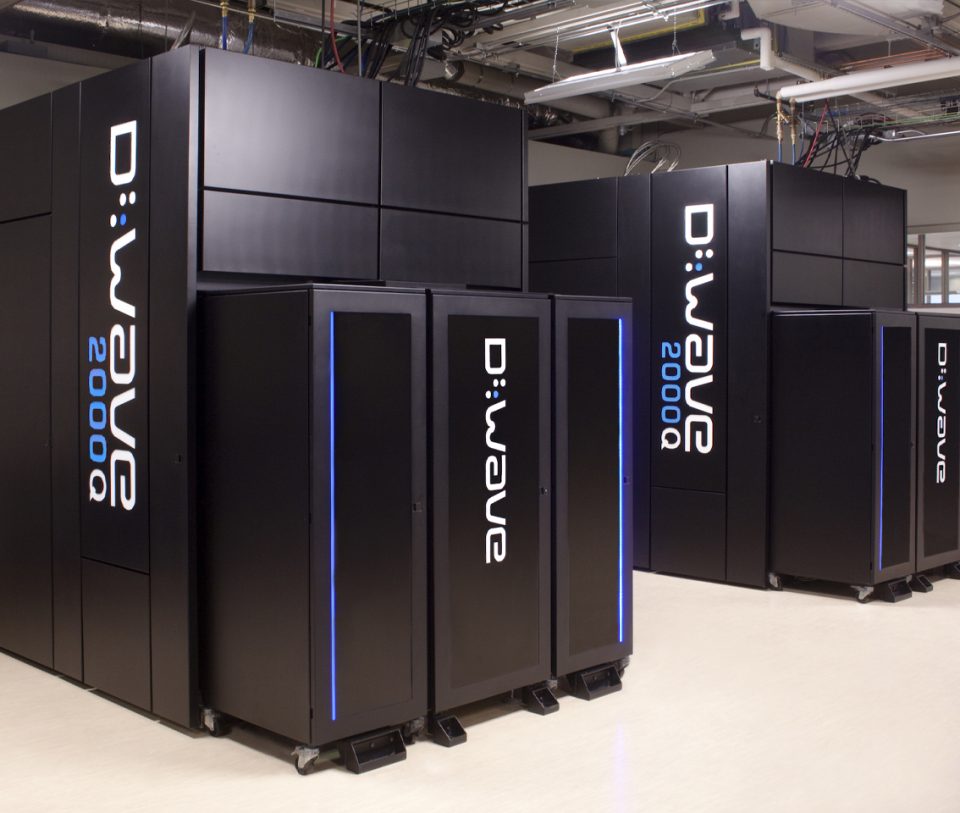D-Wave Quantum Inc. (NYSE: QBTS), a pioneer in quantum computing systems, software, and services and the world’s first commercial supplier of quantum computers, has announced the launch of a new hybrid quantum solver for nonlinear programs at its global Qubits 2024 user conference. This innovation is set to tackle increasingly complex real-world problems, now available via D-Wave’s Leap™ quantum cloud service. The company anticipates that the new solver will enable customers to address complex optimization problems at a larger scale, surpassing the capabilities of previous technologies.
This solver can handle up to two million variables and constraints, offering a tenfold increase in problem size capacity over previous D-Wave solvers for specific applications, according to early benchmarking results. It expands D-Wave’s commercial quantum optimization offerings and supports the company’s aggressive go-to-market (GTM) growth strategy introduced earlier this year. By integrating hardware, software, and professional services, D-Wave’s solutions aim to significantly reduce time-to-solution for organizations seeking to optimize their operational processes and performance.
Ready-to-Use Solutions for Workforce, Manufacturing, and Logistics Challenges
D-Wave’s new solver excels in managing nonlinear relationships, where the impact of changes to variables on solution quality is intricate, offering a substantial advantage over solvers restricted to linear relationships. The user-friendly interface simplifies the conversion of real-world problems into hybrid quantum solutions, accommodating a broad spectrum of problems with greater accuracy and better results. These include:
- Optimized Workforce Scheduling for Enhanced Employee Experience: Industries with large hourly workforces or 24/7 operations can streamline staffing processes, boost productivity, reduce costs, and ensure compliance with labor laws and employee preferences.
- Improved Production Scheduling to Increase Customer Satisfaction: Manufacturers aiming to minimize total completion time and maximize throughput can better meet customer demands by optimizing task sequences in assembly lines, considering factors such as machine availability, processing times, and deadlines.
- Efficient and Sustainable Logistics Routing: Commercial trucking fleets, promotional tour operators, and others seeking to minimize drive time, manage fuel consumption, and reduce carbon emissions can optimize routes. Preliminary D-Wave benchmarking studies show that the new solver can handle up to 10 times more cities in scenarios like the Traveling Salesperson Problem, a classic combinatorial optimization challenge, compared to previous D-Wave solutions.
Hybrid solvers have demonstrated their ability to enhance solutions to complex optimization problems by combining quantum and classical computing resources, exploring vast solution spaces more effectively, and pinpointing answers that classical methods alone struggle to find. Over the past year, customer use of D-Wave’s hybrid solver portfolio has nearly doubled, indicating growing market demand for quantum optimization technology.
“We believe this solver will simplify and speed up customers’ adoption of quantum technology, helping them achieve faster returns on investment and gain a competitive edge,” said Dr. Alan Baratz, CEO of D-Wave.
“Many organizations realize that their most challenging computational problems exceed the capabilities of current solutions. They are adopting hybrid quantum solutions to transform operations more quickly and improve profitability.”
“From a logistics standpoint, numerous elements contribute to the success of our experiences. Collaborating with D-Wave has revolutionized how we manage logistics for large-scale tours and events,” said Jason Snyder, Global Chief Technology Officer at Momentum Worldwide. “It’s not just about speed or cost reduction, but about smarter, more sustainable approaches. This has helped us make significant strides toward more sophisticated, efficient, and eco-friendly operational models.”
Disclaimer: This content was partially produced with the help of AI tools and was reviewed and published by IBN –TechMediaWire

